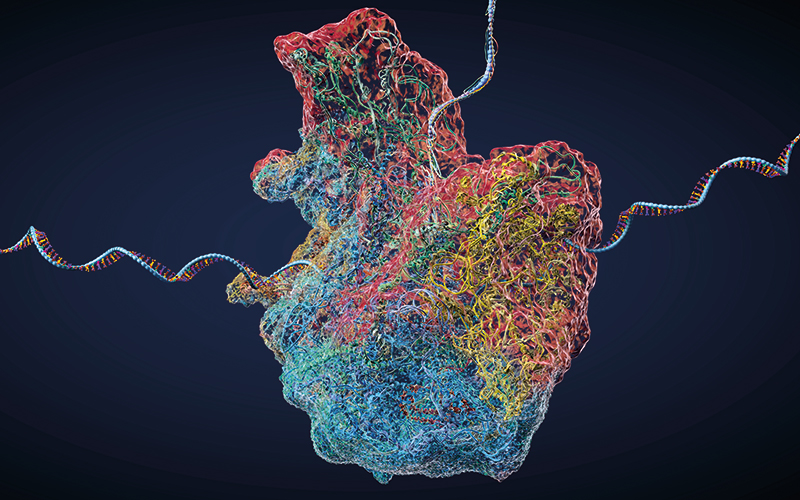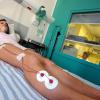A clinical research team from the University of Hong Kong is behind the discovery of applying amniotic fluid cells obtained during 16-24 weeks of pregnancy as a novel sample type for RNA sequencing in prenatal diagnosis.

It is the first proof-of-concept study to demonstrate the potential clinical utility of amniotic fluid cell RNA sequencing in the literature.
A baseline for the gene-expression profile of amniotic fluid cells is established by RNA sequencing over 50 amniotic fluid samples.
Establishment of the gene expression profile is an essential step in applying RNA sequencing to the current selected clinical diagnosis workflow.
The team found that the number of well-expressed genes in amniotic fluid cells was comparable to other clinically accessible tissues commonly used for genetic diagnosis across different disease categories. They also compared RNA sequencing data of four affected foetuses with structural congenital anomalies with the established baseline to detect potential outliers.
In collaboration with the Technical University of Munich in Germany, a bioinformatics pipeline was adapted to enhance the detection of outliers for subsequent analysis. Further in-depth curation showed that outliers can be identified in genes associated with the corresponding structural congenital anomalies in all four affected foetuses. Identifying the outliers provides more evidence at the RNA level to help diagnosis.
Image Credit | Science-Photo-Library



